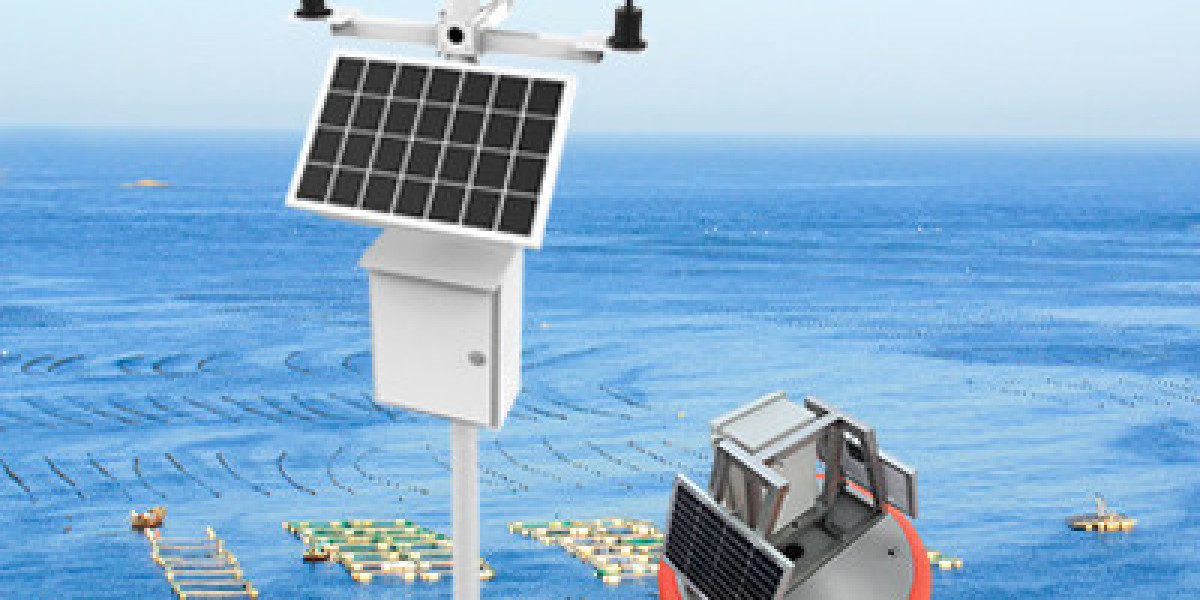Water quality monitoring systems are critical components in ensuring the health and sustainability of our water resources. These systems utilize advanced technology to continuously measure various parameters of water quality, including pH, dissolved oxygen, turbidity, temperature, conductivity, and the presence of contaminants. By providing real-time data, they enable swift responses to potential water pollution events, safeguarding both human health and aquatic ecosystems.
The backbone of these systems comprises sensors and probes that are placed in water bodies such as rivers, lakes, and oceans, or within treatment facilities. The collected data is transmitted wirelessly to central databases, where it can be analyzed using software algorithms. This information helps authorities to identify trends, set alerts for critical conditions, and enforce environmental regulations.
Moreover, water quality monitoring systems play a pivotal role in water management strategies. They assist in optimizing water treatment processes, ensuring that drinking water meets safety standards, and in the efficient allocation of water resources. With climate change posing increasing challenges to water availability and quality, these systems are becoming even more essential.
In essence, water quality monitoring systems serve as vigilant sentinels, protecting our most precious resource through constant vigilance and data-driven decision-making.








